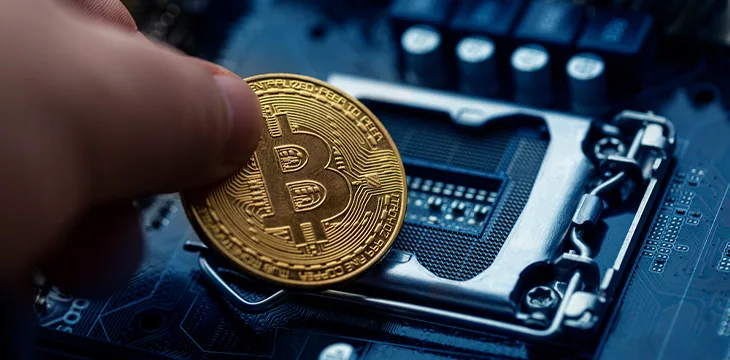|
Getting your Trinity Audio player ready...
|
A new bill introduced in the State Senate of Nebraska aims to promote digital asset ownership in the state and protect the rights of block reward miners.
The Blockchain Basics Act was introduced days ago by Eliot Bostar, the Democratic representative for the 29th district. It aims to establish a framework that promotes ‘crypto’ mining, staking, and ownership in the state for individuals while also protecting businesses that set up operations in the state.
Nebraska has become one of the largest digital asset hubs in the U.S. in the past few years. Block reward mining has boomed in the state, with the miners enjoying some of the cheapest electricity rates in the country. Nebraska is the only U.S. state where all the power is distributed by publicly owned grid operators mandated to offer the cheapest possible rates.
Nebraska aims to cement its position as a digital asset hub with the new bill.
The Blockchain Basics Act allows individuals to set up block reward mining operations in residential properties without a license. They must, however, adhere to the local noise pollution guidelines.
The professional miners and other virtual asset service providers (VASPs) will be required to operate only from special industrial zones. The bill seeks to protect these businesses by prohibiting authorities from establishing new sound pollution limits or imposing any requirements that don’t apply to existing data centers.
Other stipulations of the new bill include a directive to authorities against imposing ‘deterrent’ taxes on digital asset owners and protection for Nebraskans’ right to self-custody their assets. It also seeks to promote staking and prohibits authorities from considering staked assets as securities.
While Nebraska has attracted several miners, many locals have fought against the industry. Some are against the high energy consumption, and with most miners based elsewhere, the locals believe they are exploiting Nebraskan resources.
Others claim that once the miners shut down, as what happened with Compute North, taxpayers will be stuck with millions of dollars in utility payments. The BTC miner was the largest in the state, but in 2022, it declared bankruptcy, with its facilities taken over by Generate Capital, one of its biggest lenders.
Watch: Think of Bitcoin mining as financial self-discipline

 06-30-2025
06-30-2025 





